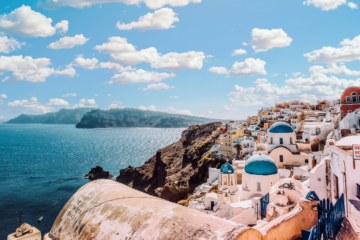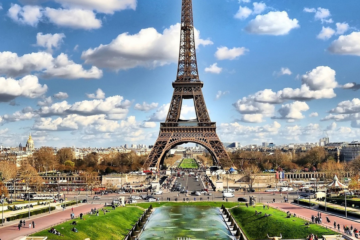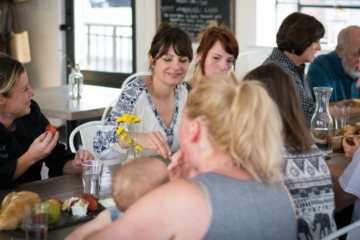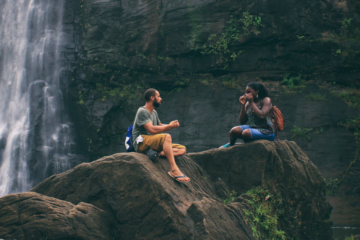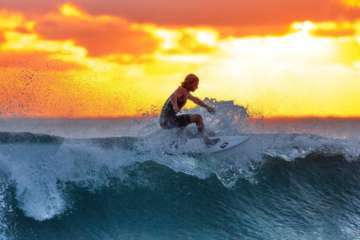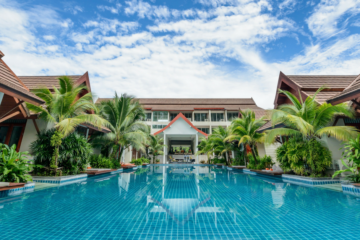Many travelers go on their vacations with little thought about what they are or are not able to do during their trip. For people with disabilities, it isn’t that simple. From people with mobility disabilities, to those with hearing or vision disabilities, to those with visible or invisible mental disabilities, it often takes an enormous amount of effort to plan and execute a successful vacation. My guest today is Dr. Simon Darcy – a professor at University Technology Sydney. He has been doing research for the last twenty plus years on travel with disabilities, and is working toward solutions to reduce the effort it takes for people with disabilities to travel. Dr. Darcy has found that various areas in the travel process require different levels of effort for those with varying disabilities, but the industry as a whole is slowly getting better at addressing the needs of travelers with disabilities.
Podcast: Play in new window | Download
Subscribe: Apple Podcasts | RSS

